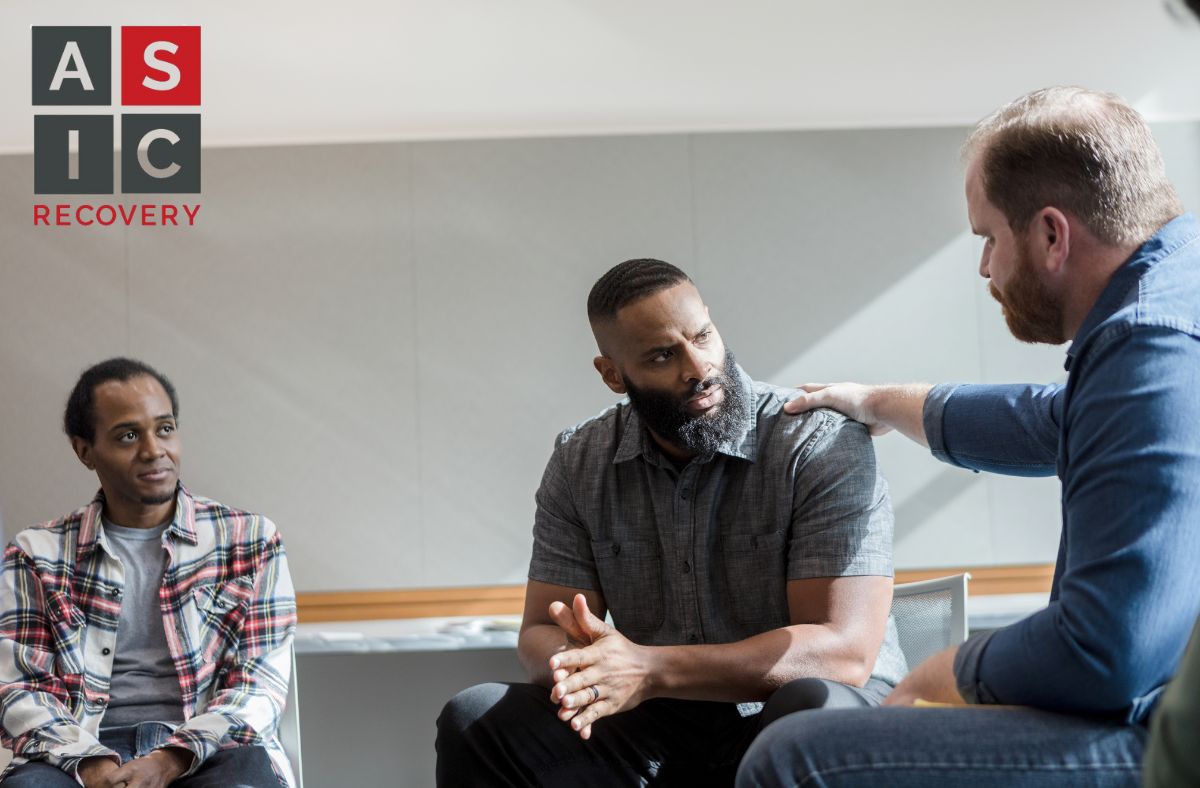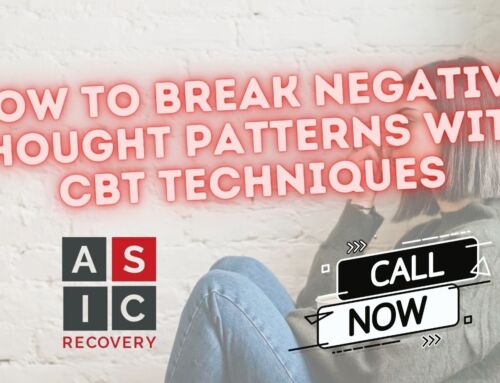Living sober can be challenging, especially after years of reliance on alcohol or drugs to cope with life’s ups and downs. However, transitioning into a life of sobriety is not just about abstaining from substances—it’s about embracing a new lifestyle, healthy relationships, building resilience, and finding joy in daily moments without the crutch of addiction.
For those in the Dallas-Fort Worth area seeking expert support, ASIC Recovery offers a compassionate, comprehensive approach to addiction and mental health recovery, helping you develop coping skills to navigate this journey.

What Is Sober Living?
Sober living refers to a way of life free from alcohol or drug abuse. It’s a path filled with self-discovery, healing, and personal growth. In sobriety, individuals learn to cope with stress, manage emotions through healthy coping mechanisms, and rebuild relationships while finding new ways to enjoy life. Adjusting to this lifestyle can be daunting, but with the proper guidance and support, a fulfilling and thriving sober life is within reach.
The Role of Sober Living in Recovery
Choosing a sober lifestyle is not just about stopping substance use; it’s a commitment to long-term wellness. Sober living environments and programs, like those at ASIC Recovery, are crucial in helping individuals commit to and maintain sobriety. Here’s why:
Choosing a sober life is a courageous decision, and these benefits highlight why having a supportive and structured environment can make all the difference. With the right resources and community, individuals can learn to enjoy life without relying on substances.
The Importance of Sober Living on the Path to Recovery
The path to recovery is a personal and unique journey, yet for many, sober living provides a foundation for staying sober. Sobriety isn’t achieved in isolation; it requires a supportive and nurturing environment where individuals can grow and develop.
Here’s why sober living is essential for a successful recovery journey, especially with a dedicated partner, a strong support network, and sober friends.

Coping Skills for Staying Sober
Coping with life sober requires a shift in perspective, a commitment to personal growth, and practical strategies for managing stress and emotions. Here are some tips to help maintain a healthy, sober drinking lifestyle:
Living sober is a process, and facing challenges is natural. However, with the right mindset, tools, and support, you can learn to embrace life in sobriety and find peace, joy, and fulfillment.
Why Choose ASIC Recovery as Your Partner in Sobriety?
If you’re ready to start your journey to a healthier, happier life, ASIC Recovery is here to help. As the #1 addiction treatment center in Dallas-Fort Worth, we are committed to providing the highest level of compassionate care with expertise and comprehensive support. Here’s what sets us apart:
Contact ASIC Recovery today if you’re in the Dallas, TX, or Fort Worth area and ready to take the first step toward a brighter future. Let us guide you through the journey to lasting sobriety, providing support, compassion, and a customized plan.
Take Action Now: Call ASIC Recovery to start your path to a fulfilling, sober life. With the proper support, you can make lasting changes and reclaim your life. Don’t wait; your journey to sobriety and wellness starts today!



